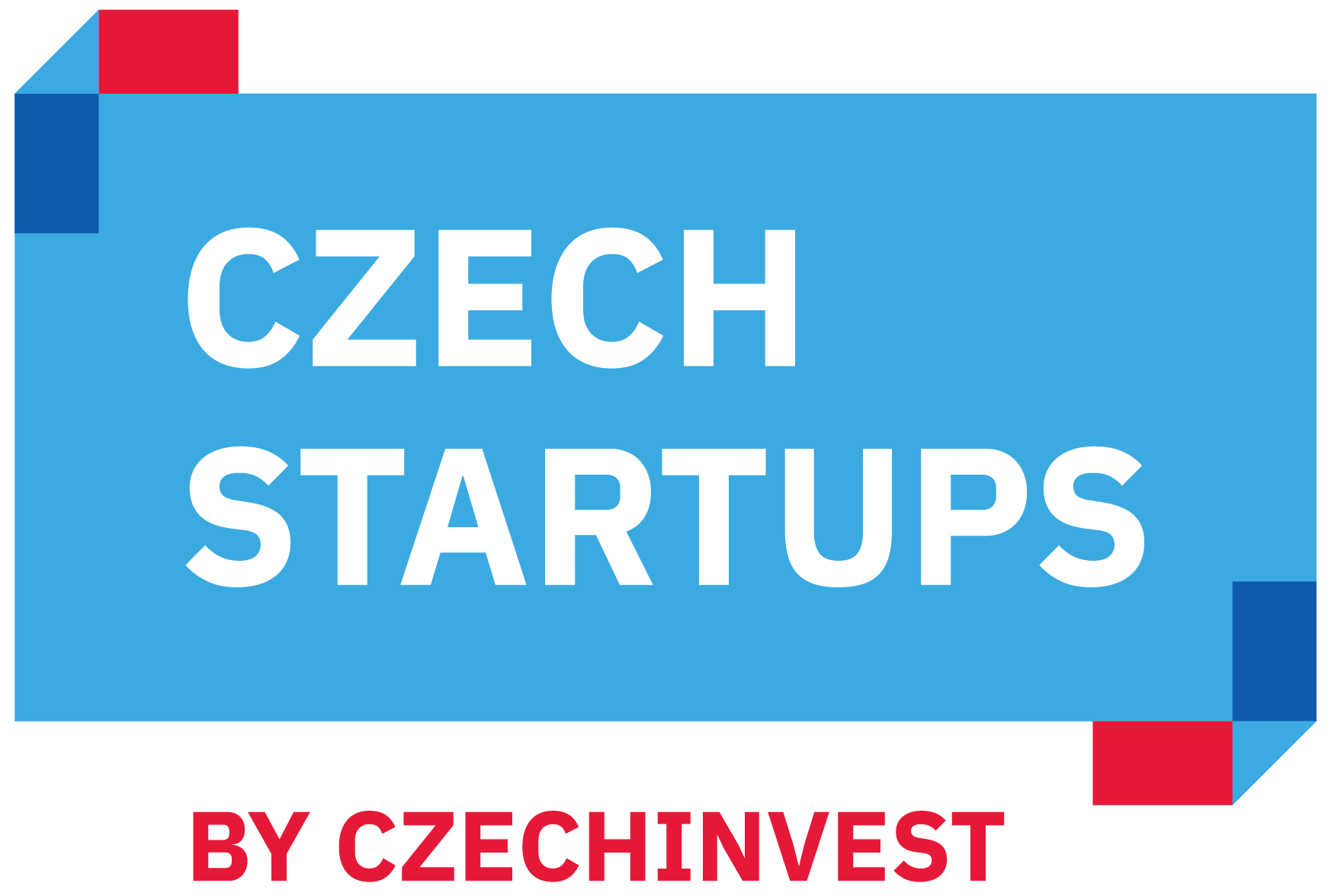In 2023, there will be approximately 160,000 people working in startups, almost double the number of workers in the entire financial sector, including banks and insurance companies. This is also according to the second edition of the regular Smart Market Report 2025, which is backed by career portal StartupJobs in collaboration with J&T Bank and the Idea of the Year competition. The regular report mapping the Czech startup market through the eyes of the Czech economy shows that the startup environment is still a fast-growing segment of the otherwise stagnant Czech economy.
- The number of startups grew by 50% between 2018 and 2023, from 2,800 to 4,200 companies.
- Startups will pay CZK 130 billion in wages in 2023, representing over 5% of all wages in the Czech Republic.
- Wages in startups are on average CZK 23,000 higher than the national average – reaching almost CZK 66,000 per month.
- In 2023, there were 97 investment rounds worth CZK 5.3 billion.
“The Czech startup market is significant, although many people do not realize it. It employs hundreds of thousands of people, generates above-average revenues and has a direct impact on public budgets. Smart Market Report helps to quantify this impact and put it in the context of the whole economy,” says Filip Mikschik, founder of StartupJobs.
Startup companies paid approximately CZK 130 billion in wages in 2023, which represents more than 5% of all wages in the Czech economy. Startups accounted for approximately 6% of social security and health insurance contributions, and startup employees could account for up to 9% of personal income tax collections.
“According to our estimates, startups contribute about five percent of the Czech GDP. Their importance goes beyond the public perception of them – they are no longer just technology garage companies,” says Petr Sklenář, chief economist at J&T Bank.
Income that 90% of people can’t reach
Wages in startups exceed the domestic average by CZK 23,000 and the median by almost CZK 30,000. The average monthly remuneration in this segment is nearly 66 thousand crowns, while the national average is around 43 thousand. Nine out of ten employees in the Czech Republic do not reach this level of earnings.
“The total employment in startups has grown by more than two-fifths in the last five years, while the entire Czech economy has lost 50,000 workers in the same period. The growth of employment in the startup segment thus clearly contrasts with the development of the labour market as a whole,” adds Mikschik.
The number of Czech startups is growing, but those under foreign control tend to be significantly larger
Between 2018 and 2023, the number of startups increased by half – from 2.8 thousand to 4.2 thousand companies. The number of employees in this segment increased from 110 to 160 thousand at an average growth rate of 7% per year. Even so, the startup environment remains the domain of smaller companies – almost two-thirds of all startups have fewer than ten employees. The category of the smallest companies with up to five employees grew the fastest.
Startups with a foreign owner tend to be on average more than twice as big as Czech ones. While a domestic startup employs an average of 38 people, a startup with a parent company abroad has an average of 82 employees. Most of these companies originate in Europe – most often in the UK, the Netherlands, Germany and the US.
Investment has declined, but activity has remained
In 2023, there were 97 investment transactions in the Czech startup environment with a total value of CZK 5.3 billion. Compared to the record year of 2022, this represents a decline of 85%, which is related to the absence of large investment rounds and the global downturn in investment activity. Despite this, startups have managed to secure external funding in the billions.
“The decline in venture capital investment in the world in 2023 will also affect the Czech environment, but startups have managed to raise capital even in these deteriorated conditions. This shows their resilience and investors’ confidence in their long-term potential,” comments Martin Kešner, founder of the Idea of the Year competition.
The authors of the report point out that startups are gradually becoming a challenge for the state administration as well. Their specific needs and dynamics will increasingly run up against the limits of the current system – whether in the area of regulations, labour law or tax policies.
The full report is available HERE.
source: idea of the year






